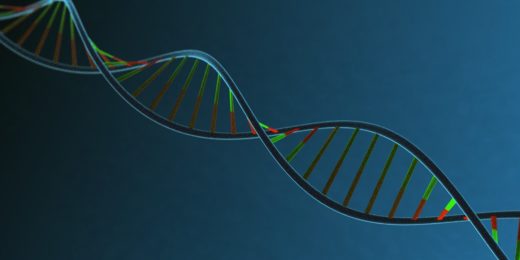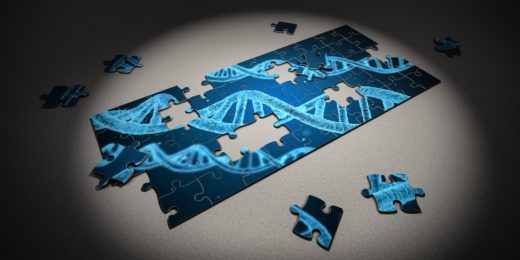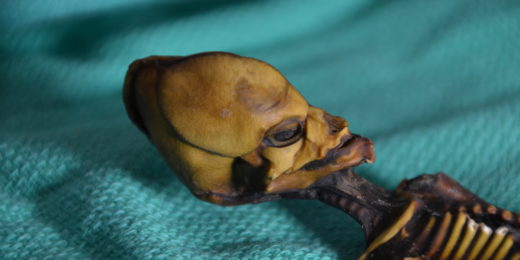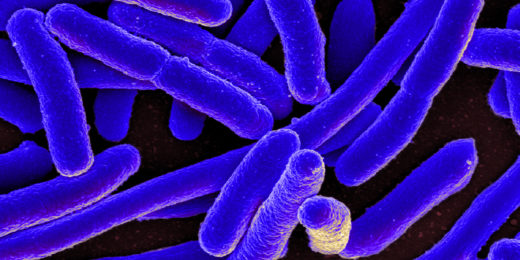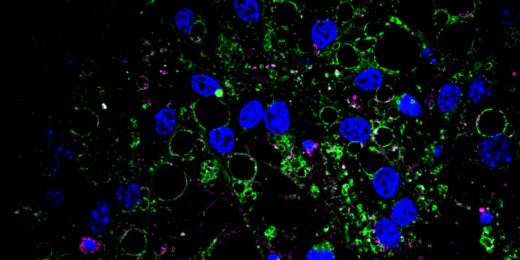Physician assistant student Sara Lynne Wright's uncle has a genetic disease that has helped her, and her entire family, be more accepting.
Category: Genetics
Test results unraveled: Understanding mysterious genetic variants for heart disease
Stanford researchers use gene editing and stem cell technologies to determine whether to worry — or not — about mysterious genetic test results.
Genetic differences in protein key to pregnancy may help explain preterm birth rates
Genetic diversity in the receptor for a key reproductive hormone may help explain why some populations have higher rates of preterm birth than others.
Breast cancer patients increasingly receive multigene testing
Women with breast cancer are increasingly receiving multigene genetic testing rather than just screening for the BRCA mutations, new research suggests.
New “MAGESTIC” gene-editing technology makes precise changes to millions of cells at once
A new gene-editing technology enables scientists to make thousands of edits at once and track them with specific barcodes.
Older people’s immune cells get fuzzier marching orders than those of younger people
Older people are more susceptible to infection, cancer, and autoimmunity than younger people. This may be the result of our immune cells' receiving increasingly random marching orders as we age.
UK Biobank data opens up window into genetics of disease
A biobank from the U.K. releases hundreds of thousands of anonymized medical records and genetic data to scientists, who used it to track down new links between genetics and disease.
Using CRISPR to edit coral
In a proof-of-principle study, Stanford scientists and colleagues used the CRISPR/Cas9 system to modify genes in coral, suggesting that the tool could one day aid conservation efforts.
New way to understand tumor diversity combines CRISPR with genetic barcodes
Stanford researchers develop a new way to track the growth of diverse tumor types, using gene editing and DNA barcoding.
Helping families assess their hereditary cancer risk
Stanford’s Cancer Genetics Program helps assess families' hereditary cancer risks and guide patients to make informed choices about prevention and treatment.
Bizarre skeleton sheds light on mutations of bone disease
The strange skeletal remains of a fetus discovered in Chile have turned up new insights into the genetics of some bone diseases, according to a new study.
CRISPR technology offers hope for sickle-cell patients
A Stanford Medicine article examines CRISPR, the gene-editing technology, and addresses its potential to help with conditions such as sickle-cell disease.
Big bacteria may be easier to kill, new research suggests
Stanford researchers have discovered a genetic "tuning knob" that can enlarge or shrink bacteria across a wide range - and this can be used to fatten up the bacteria to increase their susceptibility to certain antibiotics.
Aging neural stem cells struggle to take out the trash, say Stanford researchers
Protein aggregates in young neural stem cells seem to echo those seen in neurodegenerative disease-- but could they actually be helpful? As the cells age, they become less able to process the aggregates and their ability to activate is dampened.
The essence of precision health: Clinical Genomics Program to open at Stanford this spring
A new Clinical Genomics Program at Stanford will improve the diagnosis of rare genetic diseases, benefiting patients such as Tessa and Colton Nye.
CRISPR helps scientists track down potential therapeutic targets for ALS
Scientists have used genome editing to pinpoint genes that reveal information about ALS and may even protect against the degeneration of neurons.





